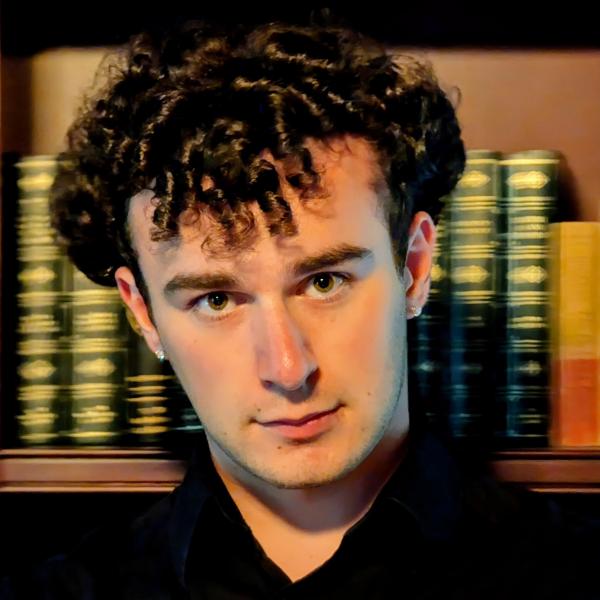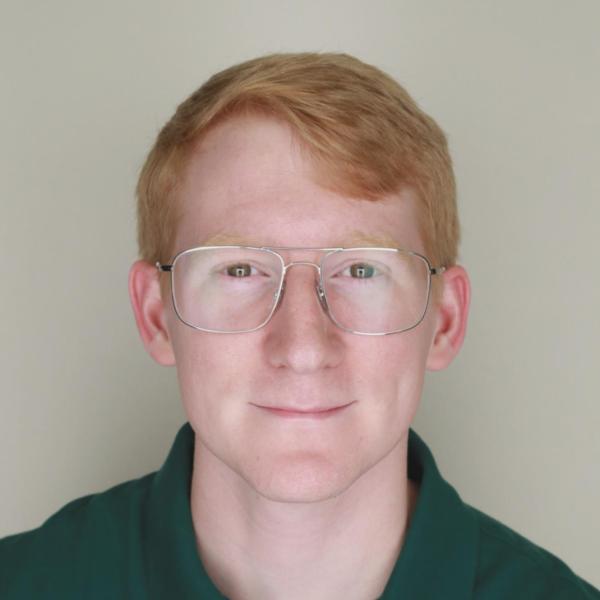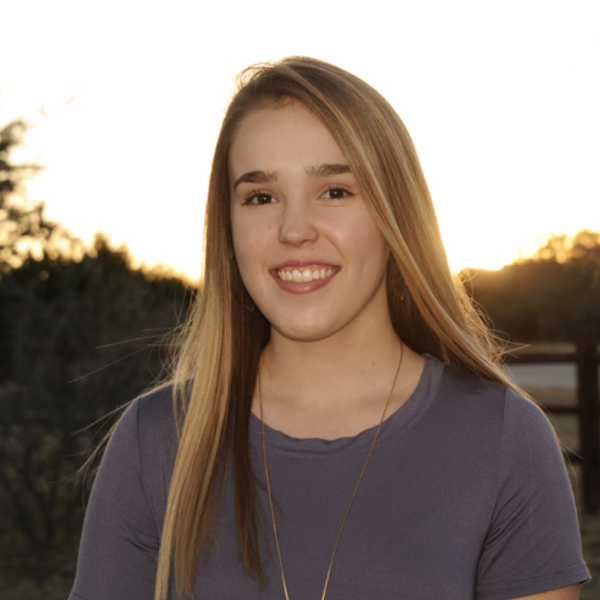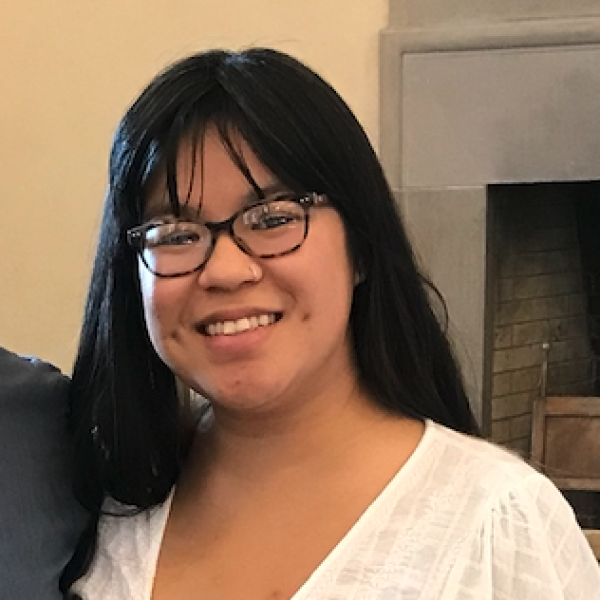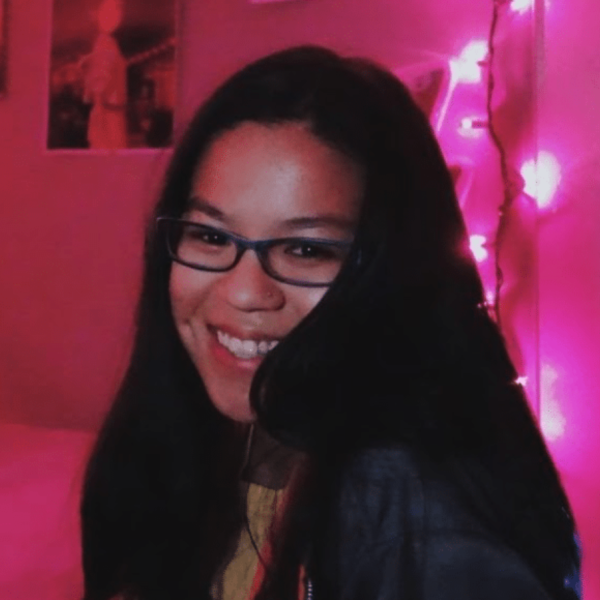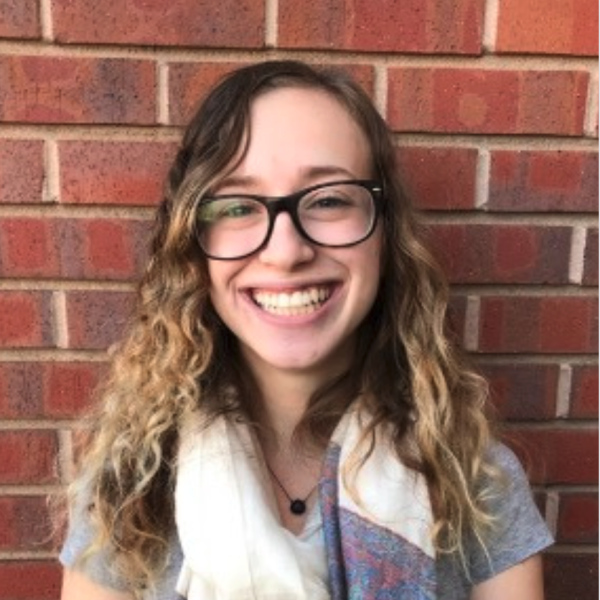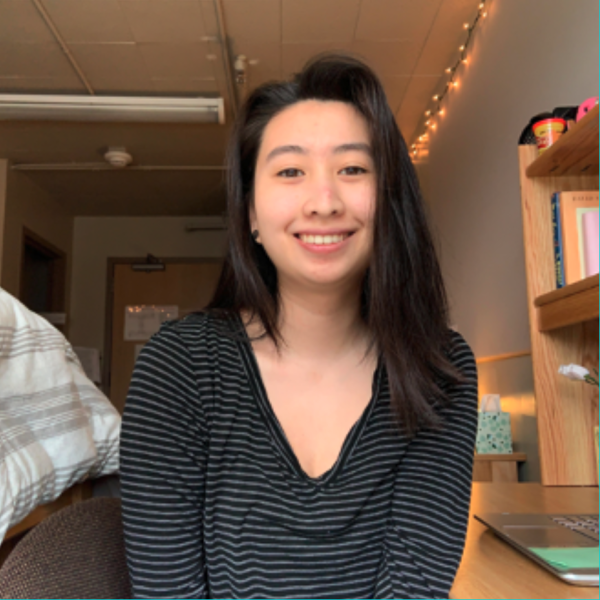Undergraduate Research Opportunities
Undergraduate Research Opportunities
Through our Undergraduate Research Assistant program, the Program in Jewish Studies provides University of Colorado Boulder undergraduate students with opportunities to collaborate with faculty on cutting-edge research projects by asking new questions, producing new knowledge, and sharing their findings with diverse audiences.
Spring 2025 Research Assistant Projects
Applications are now open for the Spring 2025 semester. Students will have the opportunity to work one-on-one with a faculty member on one of the following projects, receiving a salary of up to $600 and presenting their work at a research showcase in April 2025.
Please send a one-page letter describing your interest in one of the three projects below, as well as any relevant background, to cujewishstudies@colorado.edu by December 6, 2024, at 5pm MT. All undergraduate students from the University of Colorado Boulder, from all backgrounds and majors, are eligible to participate in the program.
- Are you interested in Middle Eastern history? Or the politics behind standardized testing? Do you want to work with histories and archival documents from Israel, Palestine, Jordan, Lebanon and/or the United Kingdom? Do you want to know more about how education works in a different time and place? Or why standardized testing became important globally? As an undergraduate research assistant, you will work with Dr. Hilary Falb Kalisman, Assistant Professor of History and Endowed Professor of Israel/Palestine Studies, on research related to education, teachers and standardized testing in the Middle East. We will read through documents, writing summaries and reports. Knowledge of English is sufficient, but basic reading knowledge of Arabic or Hebrew would be great.
- Are you interested in learning about Jews of color? Over the past 10 to 15 years, the American Jewish community—at least its liberal manifestations—has tried to come to terms with Jews of color. This has meant trying both to be more open and aware of the customs and cultures that Jews of color have, and also trying to decrease racism in predominantly white Jewish communities. One of the places that we can see real attempts to normalize the presence of Jews of color is in the publications of PJ Library. PJ Library is a publishing endeavor to bring Jewish children’s books into Jewish homes, with the hope of creating strong attachments between the children and their Jewish identities—and over the past decade, PJ Library has intentionally made its books more diverse. In this research assistantship, the student research assistant will work with Professor Mehta to read through all of the PJ Library books available, looking both for stories featuring Jews of color and for mentions, or even pictural depictions of Jews of color. Together, we will form an argument about what we find, that the student can present at the Student Research Showcase and that Professor Mehta can use in her book project A Mixed Multitude: Jews of Color in the United States.
These projects have been made possible by the generous support of donors to the Program in Jewish Studies.


